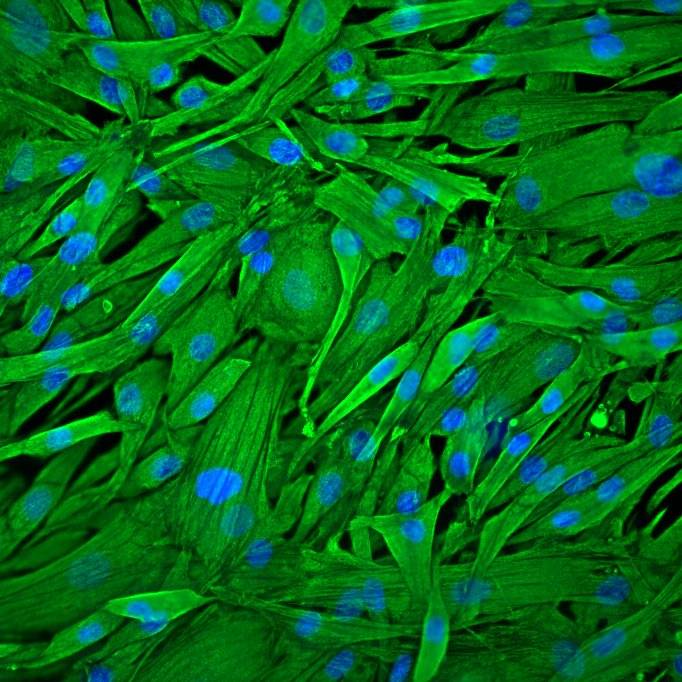
Overview
The research group of biomaterials and stem cell-based therapeutics was created in January 2008 at CNC. The research group aims at generating fundamental and translational knowledge in the intersection of biomaterials with stem cells. The research group has two main avenues of research:
Disease modeling and drug screening program: in vitro cell/tissue models from human stem cells. Stem cells, in particular induced pluripotent stem cells (iPSCs), may be an excellent source of cells for disease modeling and drug discovery programs related to cardiovascular diseases. The potential of iPSCs to generate disease models led to the creation of several biobanks in USA (Coriell Institute for Medical Research, NIH Center for Regenerative Medicine, ATCC and University owned biobanks), Europe (Cellartis; and an European initiative of Stem cell biobank) and Japan (RIKEN bioresource center) for storage and distribution of iPSC lines originated from patients and healthy controls.
In the last 6 years my research group has developed several tissue models from stem cells that may be an important platform for drug discovery programs related to cardiovascular diseases. A particular interest of the group is to develop biomaterials and bioengineering platforms for the efficient maturation/specification of stem cells and their progenies.
The research group uses many tools to accomplish this goal, including the design of new biomaterials with relevant biological information, molecular and cell biology, microfluidic systems, high content analysis, and animal experimentation. Nanomedicine platforms to modulate the activity of stem cells and their progenies. The development of a wide spectrum of nanotechnologies (referred as Nanomedicine by National Institutes of Health for applications in the biomedical area) during the last years are very promising for the study of stem cell biology and to control exogenous and endogenous stem cells for regenerative medicine.
Our group is particularly interested to use these tools to induce in vivo stem cell differentiation and to mobilize stem cells from their niches to treat cardiovascular diseases. For this purpose, we are developing nanomaterials that release efficiently biomolecules (small molecules, proteins or non-coding RNAs) to manipulate stem cells or their progenies.
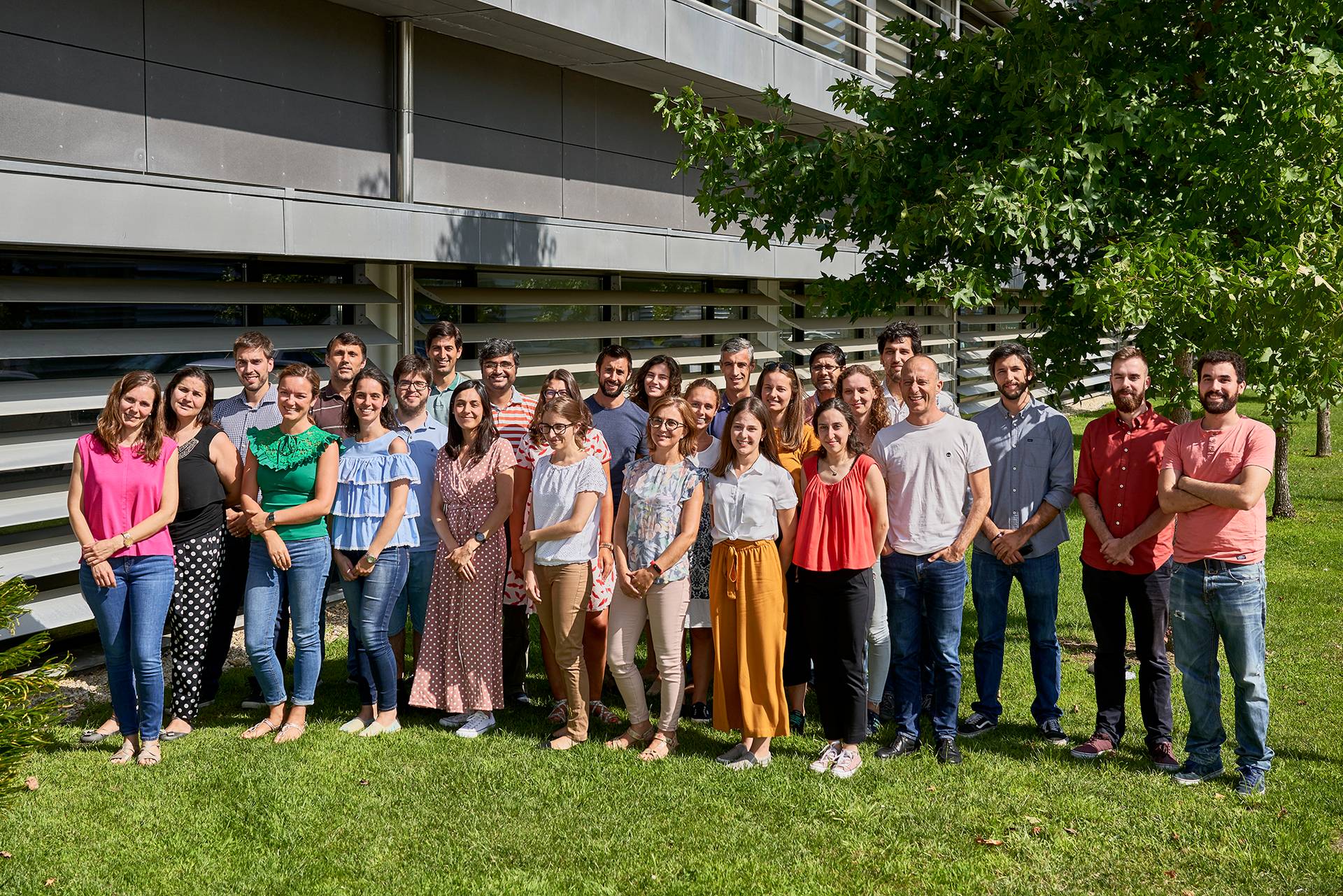
Team
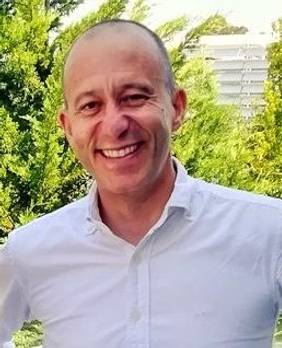
Lino Ferreira
PRINCIPAL INVESTIGATOR
Ciência VitaeLino Silva Ferreira holds a Ph.D. in Biotechnology (2003) from the University of Coimbra (Portugal). He did postdoctoral work at MIT (USA) in the laboratory of Professor Robert Langer in the areas of human embryonic stem cells, micro- and nanotechnologies.
He joined the Center of Neurosciences and Cell Biology (CNC, University of Coimbra) in October 2007. He is the director of the Biomaterials and Stem Cell-Based Therapeutics research group and the CNC coordinator of the MIT-Portugal Program.
He is the founder of a biomaterials-based company called Matera (headquarters at Biocant). In 2012 he was awarded with a prestigious European Research Council starting grant and in 2016 with an ERA Chair grant.
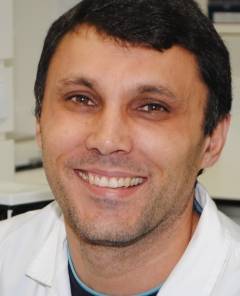
Luís Estronca
LAB MANAGER
Ciência VitaeAcademic Degrees
July 2008/2014: PostDoc in Cell Biology in the Infection and Pathogens Group at the Center for Neuroscience and Cell Biology (CNC), Coimbra (Portugal)
2008: PhD in Chemistry, specialization Biological Chemistry at the University of Coimbra
2000: Biochemistry Degree at the University of Algarve, Faro (Portugal)
Research Interests
Nanomaterials for biomedical applications.
Post Doctorates
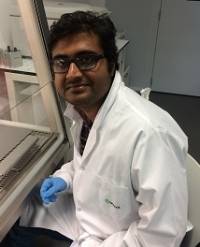
Arnab Banerjee
PostDoc
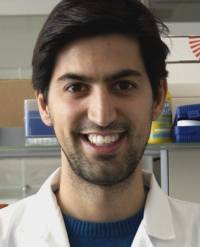
Miguel Lino
PostDoc
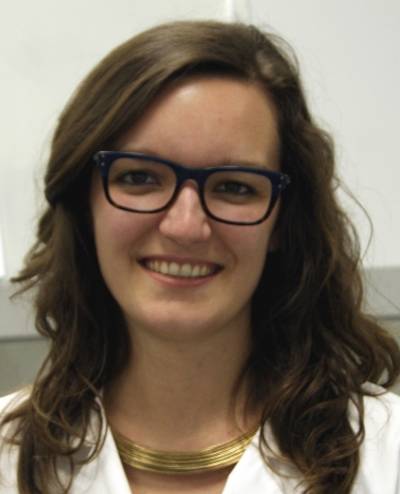
Patrícia Pitrez
PostDoc
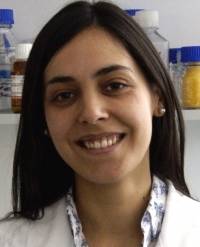
Susana Rosa
PostDoc
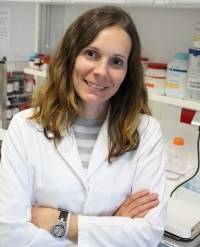
Susana Simões
PostDoc
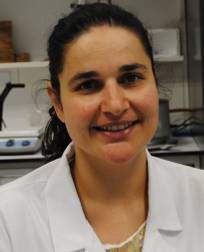
Sónia Pinho
PostDoc
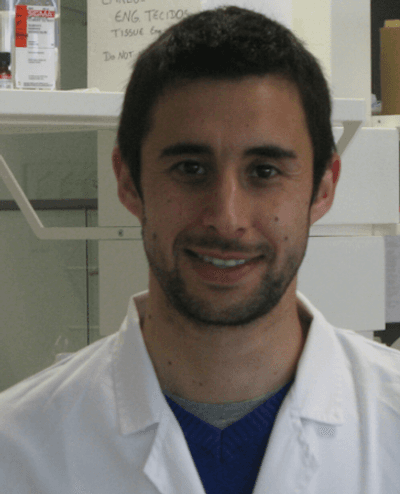
Vítor Francisco
PostDoc
Graduates
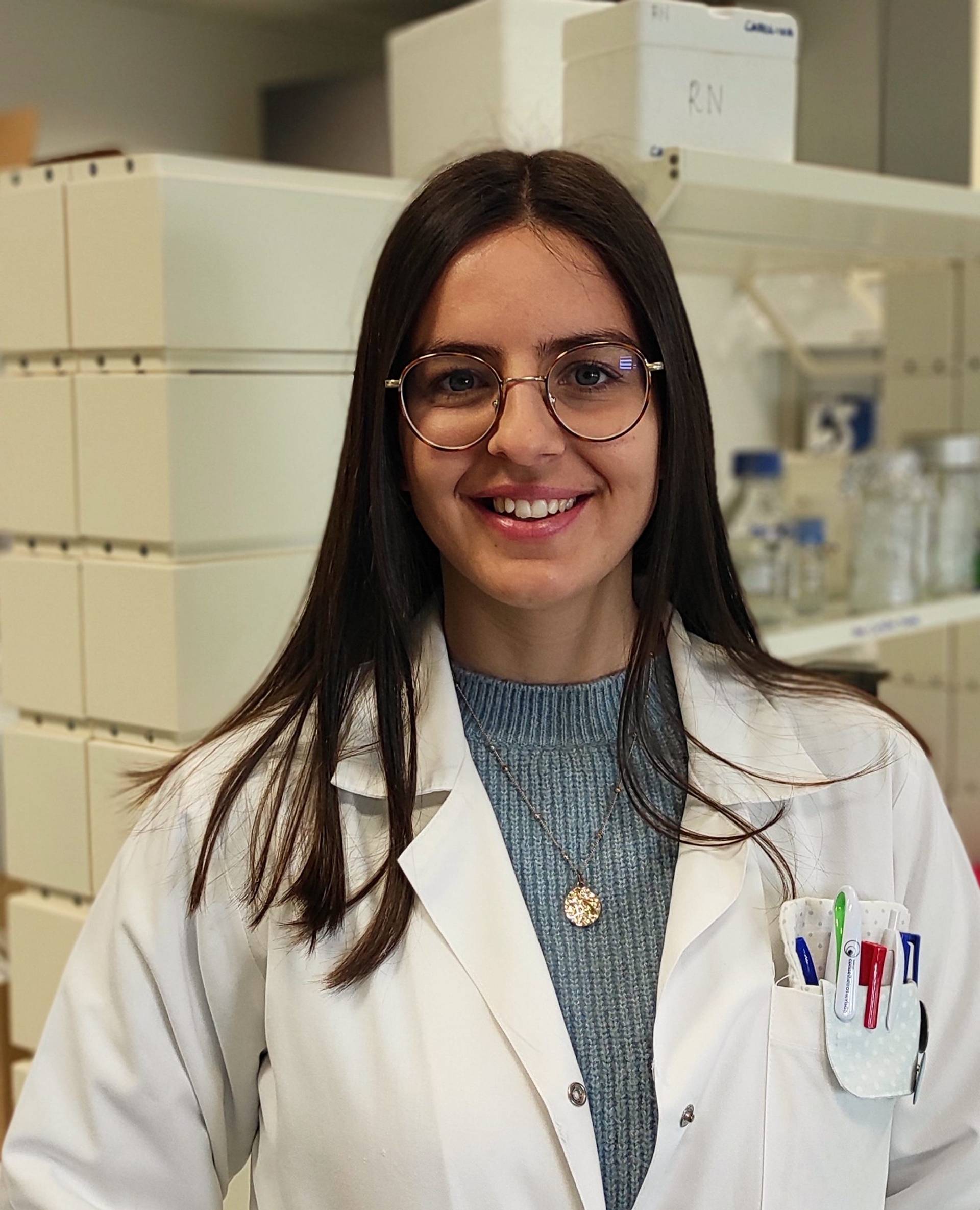
Ana Carolina Mendes
Graduates
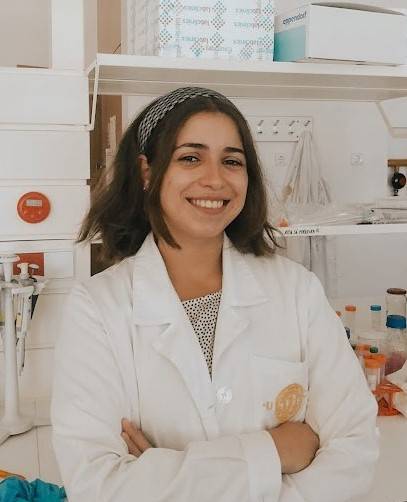
Andreia Marques
Graduates
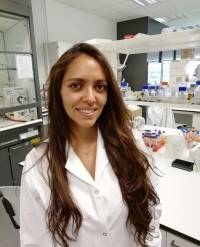
Angela Barrera
Graduates
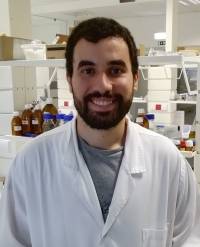
Carlos Jesus
Graduates
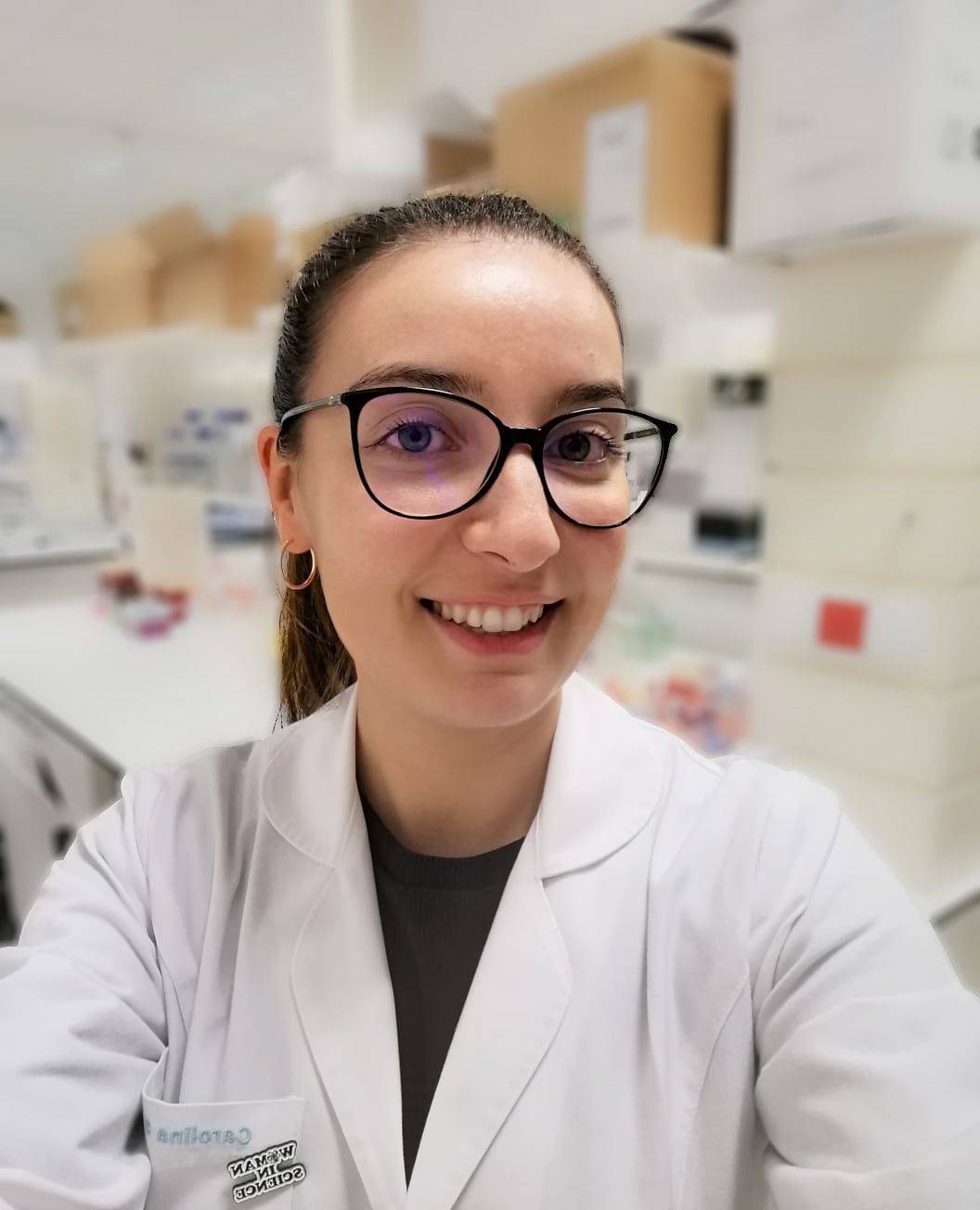
Carolina Santos
Graduates
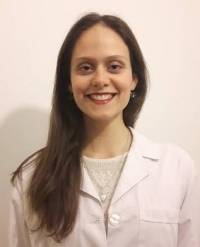
Helena Aires
Graduates
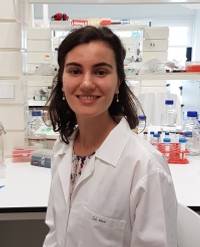
Inês Albino
Graduates
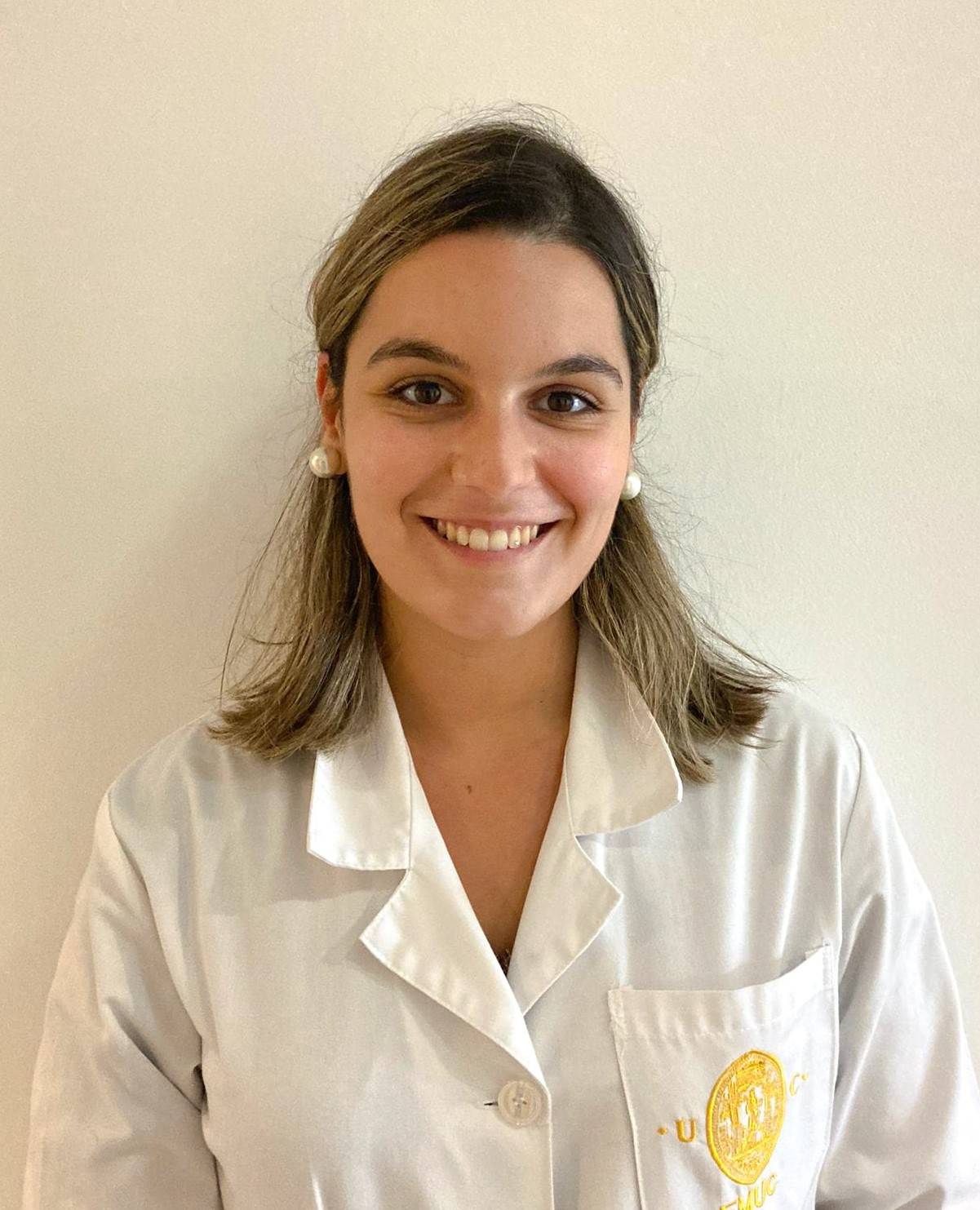
Inês Tomé
Graduates
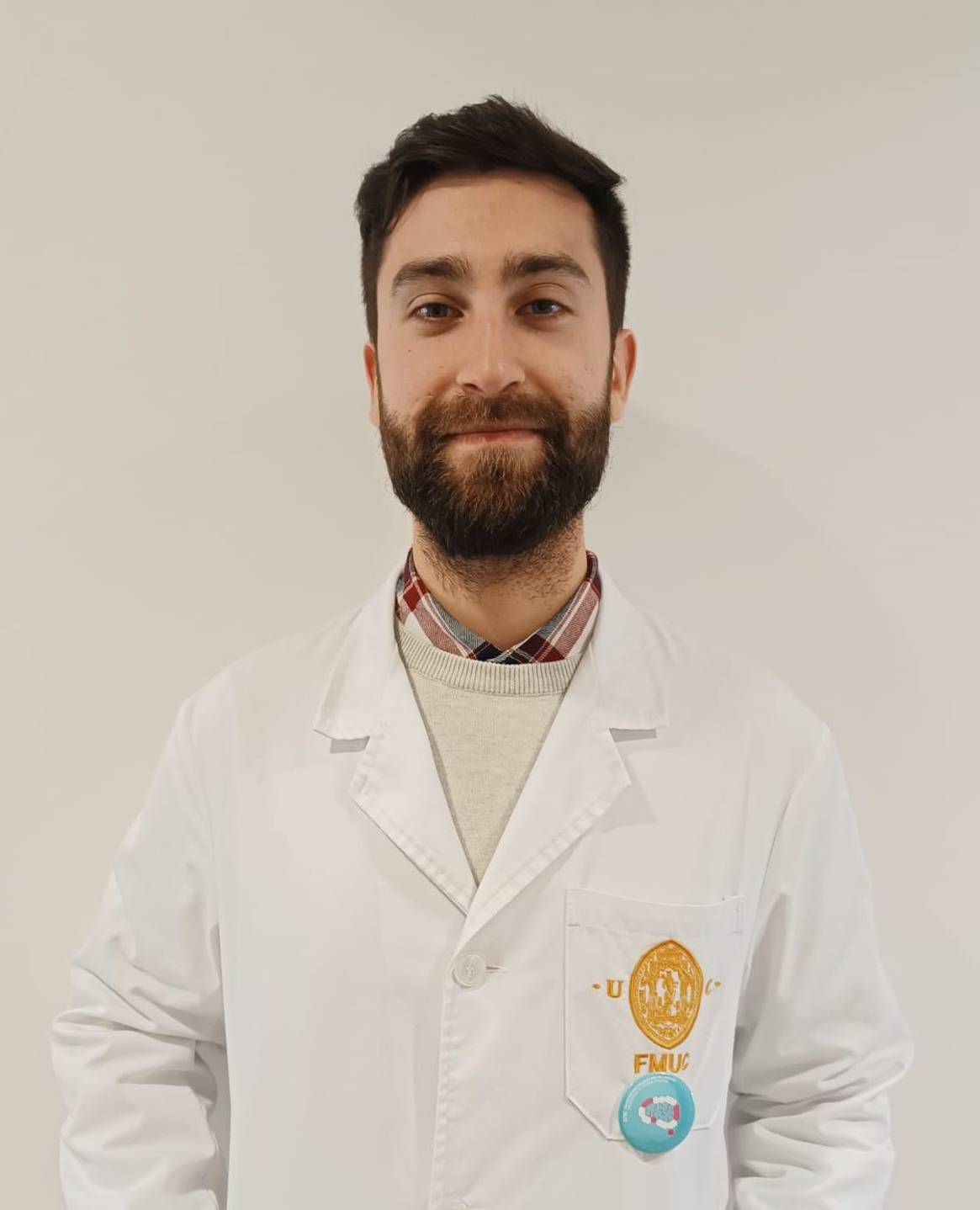
João Novo
Graduates
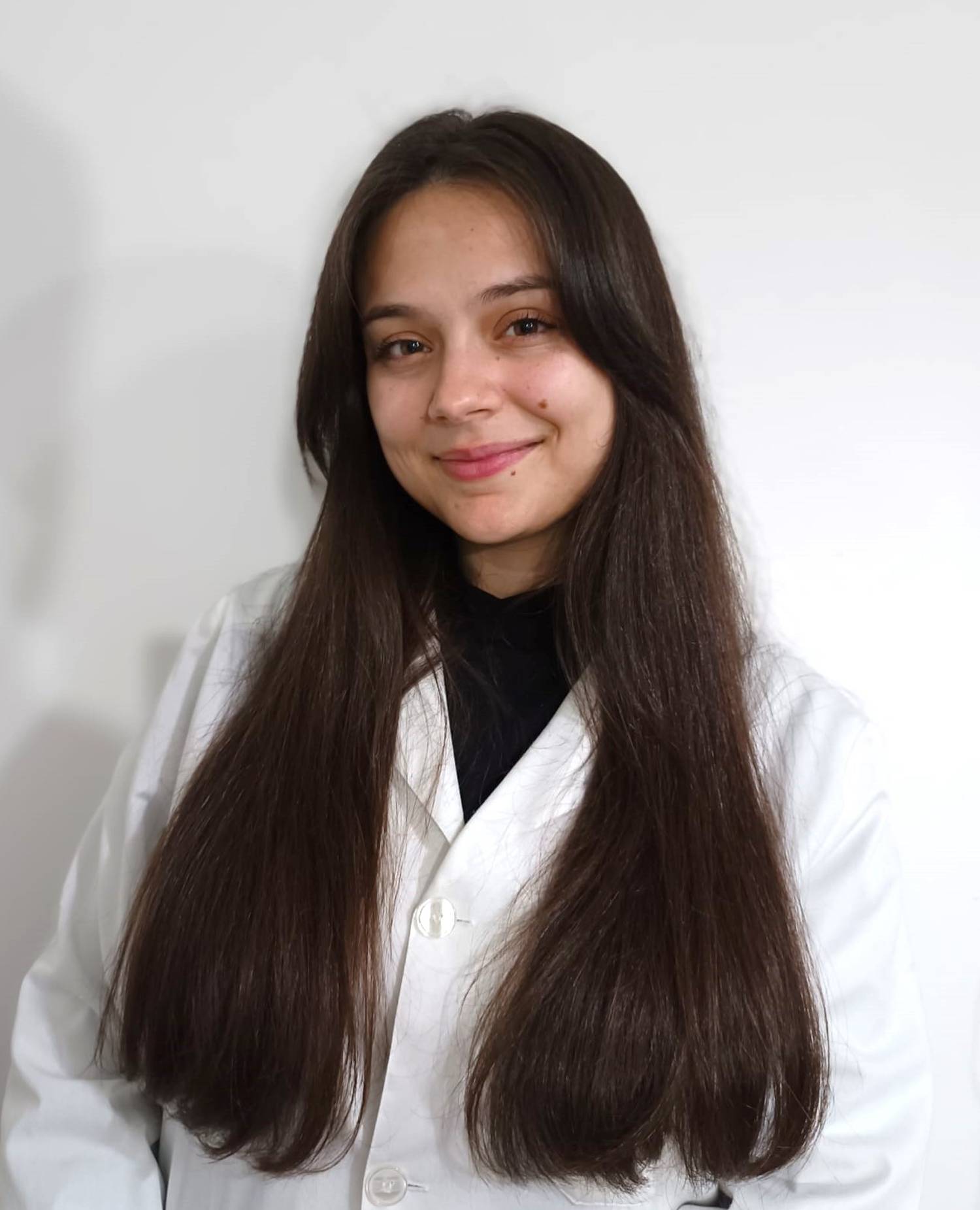
Laura Carvalho
Graduates
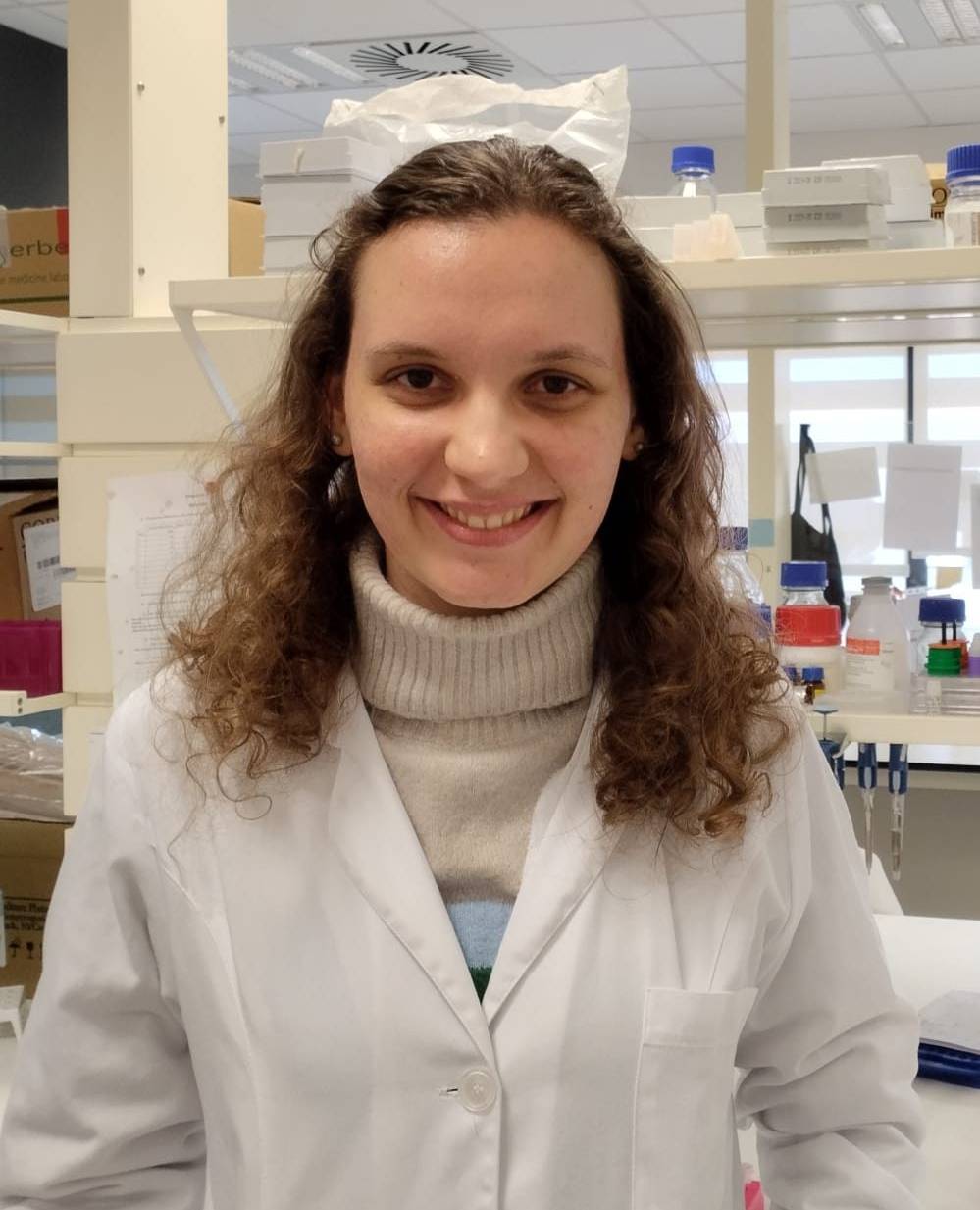
Marta Barão
Graduates
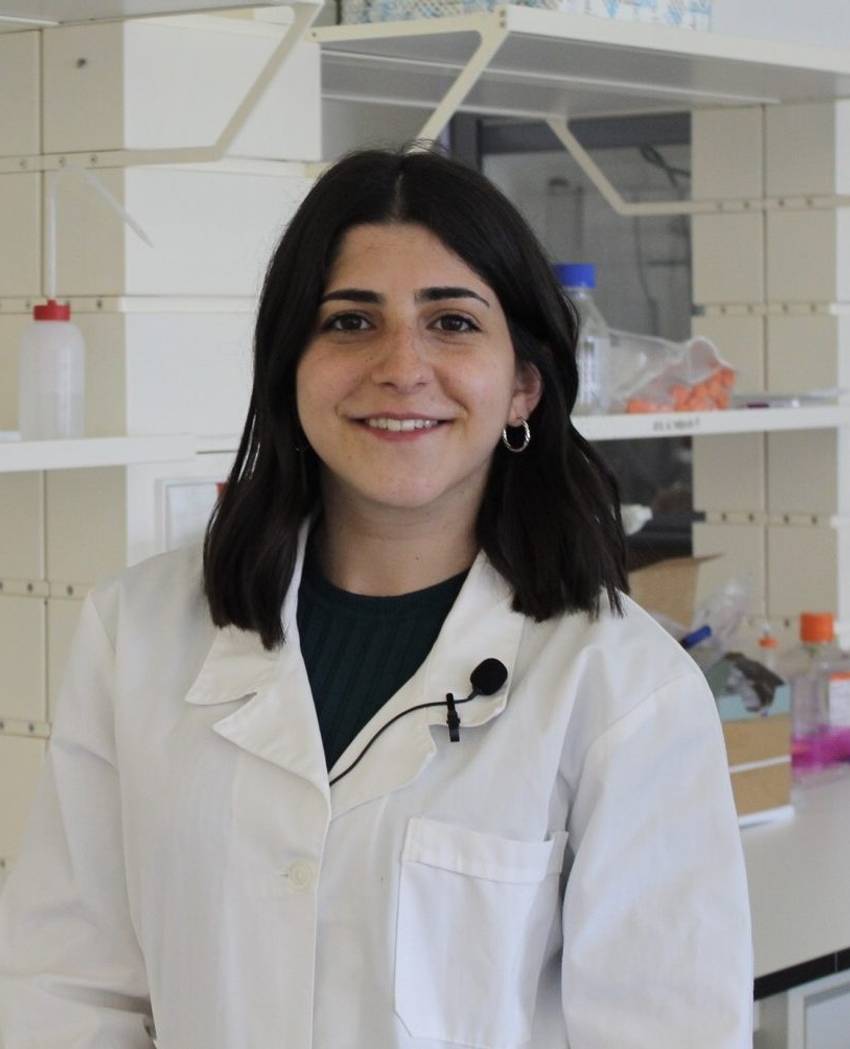
Rafaela Ferrão
Graduates
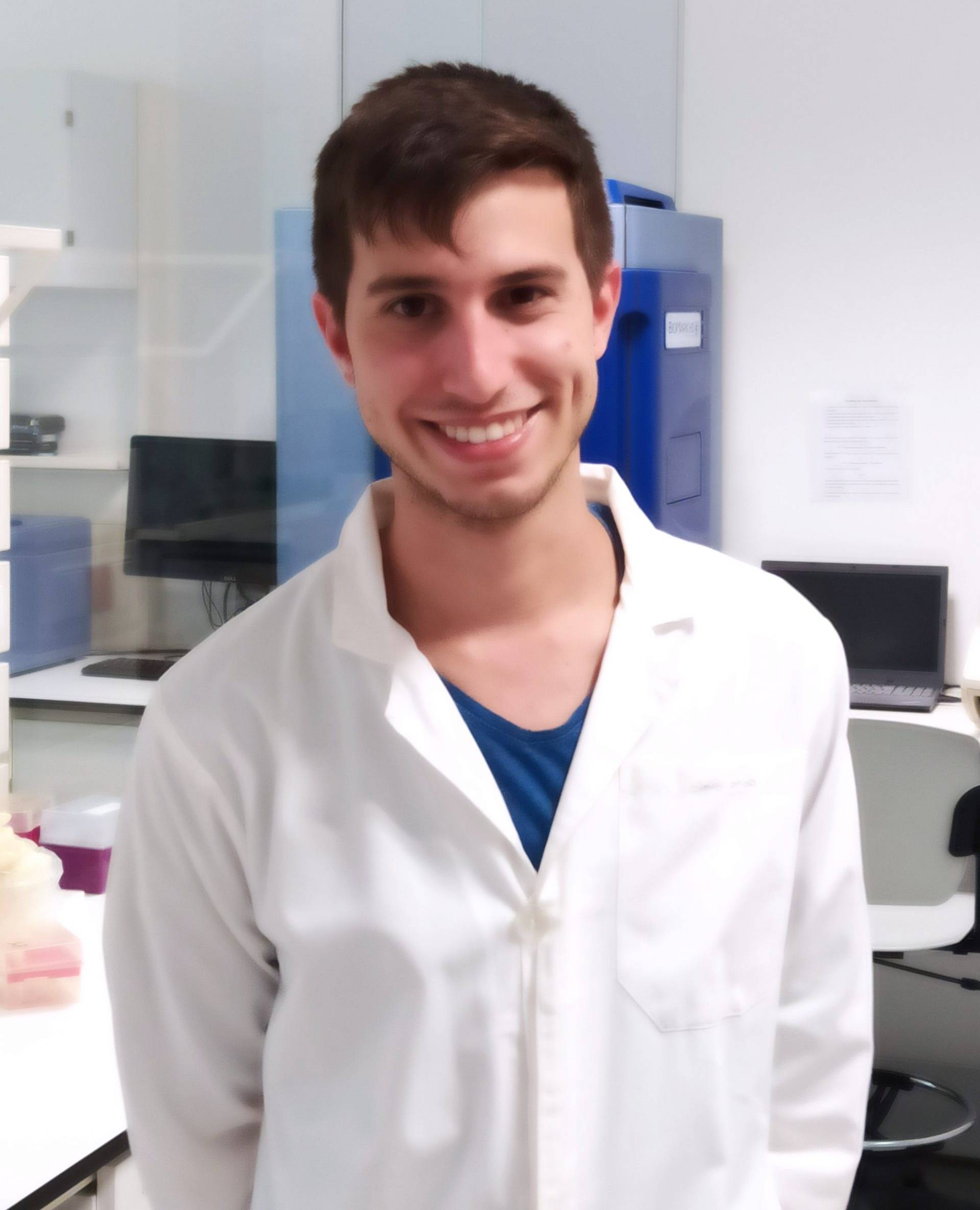
Simão Santos
Graduates

Tiago Reis
Graduates